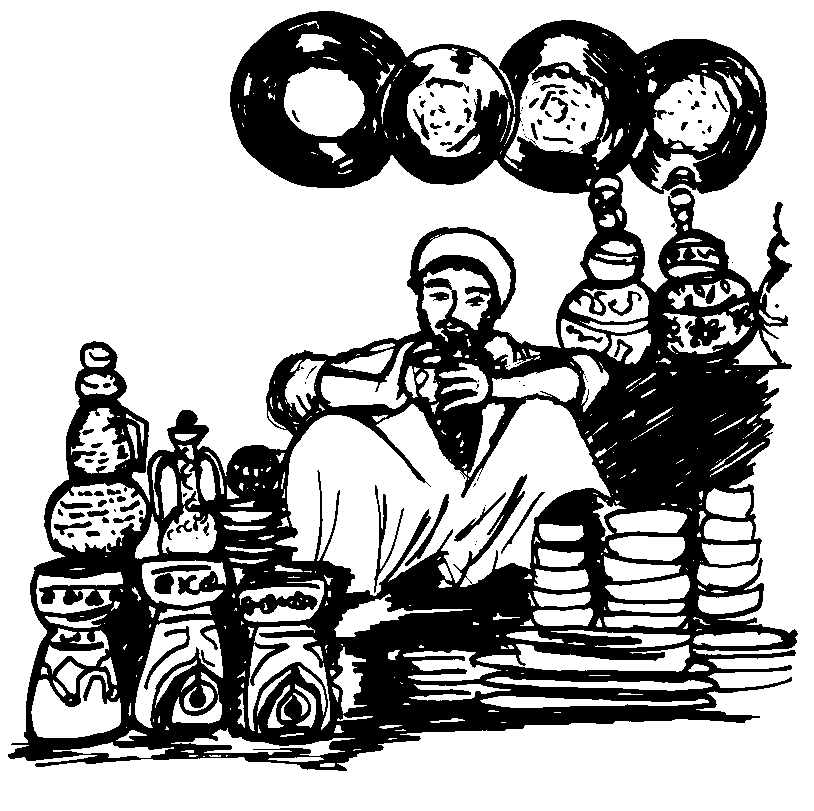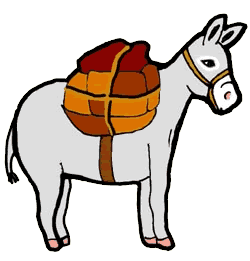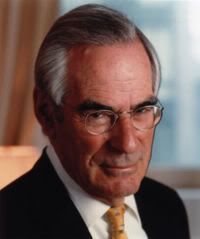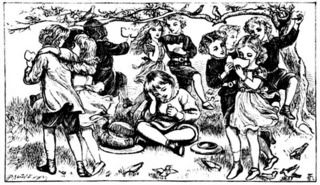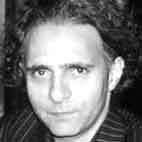
Hanif Kureishi - British Council - Contemporary Writers
by Susan Abraham
Recently, I was involved in a debate on the Guardian Books Blog on Hanif Kureishi which I enjoyed. Indeed, it was challenging, having to articulate my thoughts and keep it steady on a sharp focus but I managed.
It was the more difficult as my views ran contrary to the majority of the others. However, I found it exhilarating making my presence felt, coming out of my shy corner and putting a stamp on what I believed in. I was out there in the middle of it all, announcing the things I thought to be right and making a statement without realisation...and the feeling after it was all over, was akin to the heady spin of a carousel.
I had agreed with Maureen Freely who wrote the post when she spoke up against the underlying censorship - which she felt was what it was - when a few days ago, the BBC had postponed a short story Kureishi had written called Wedding and Beheadings and which formed a shortlist together with 5 other authors currently competing for the £15,000 Radio 4/Prospect short story prize.
The BBC felt that the transmission for the story of a talented Middle-Eastern cameraman who turned to filming beheadings, was too close to home while their own reporter Alan Johnston was still held by kidnappers in Gaza. I couldn't see the point then.
Neither could Mark Lawson who has sat on the Man Booker jury and who was also one of the judges who selected Kureishi's story for the shortlist. He writes another article on the Guardian Blog (found on the right sidebar) protesting what he labels as the BBC's Sentimental Censorship. He invited comments and this was an off-the-cuff general view, written under my user name:
suzanabrams
April 20, 2007 4:24 PMMark,
I am in total agreement with you.
The question stays as to the supposed connection of Kureishi's story with Alan's disappearance in Gaza. And also with beheadings. I cannot spot any science to these connections - one to the other - or any relevance at all as to the power of a story to disrupt emotions that pointed to Alan's specific case.
There will always be sentiment & agony involved amongst any number of family, friends and collegues at any one time of any painful or difficult situation.
What is the point of literature which in this case is fiction, if its voice has to be subdued in a corner and only allowed to come out and play when it's safe? It is the power and mission of the written word, to be impartial and to create awareness with success especially when in an urgent time.
Why should truth no matter how barbaric or primitive, be sobered to a lukewarm weakness for the public or be eclipsed from view. I don't see the relevance in that either.
Still, I would think it a compliment for Kureishi that his story was deemed to have such power to inform the reader's imagination, it simply had to be curbed. And it doesn't matter if it came out in a 100 places beforehand. To be blocked in one place even if its temporary, is still a blockade for free speech & the looming threat of similiar encounters.
Picture credit to: SensesofCinema
Labels: Hanif Kureishi/BBC



